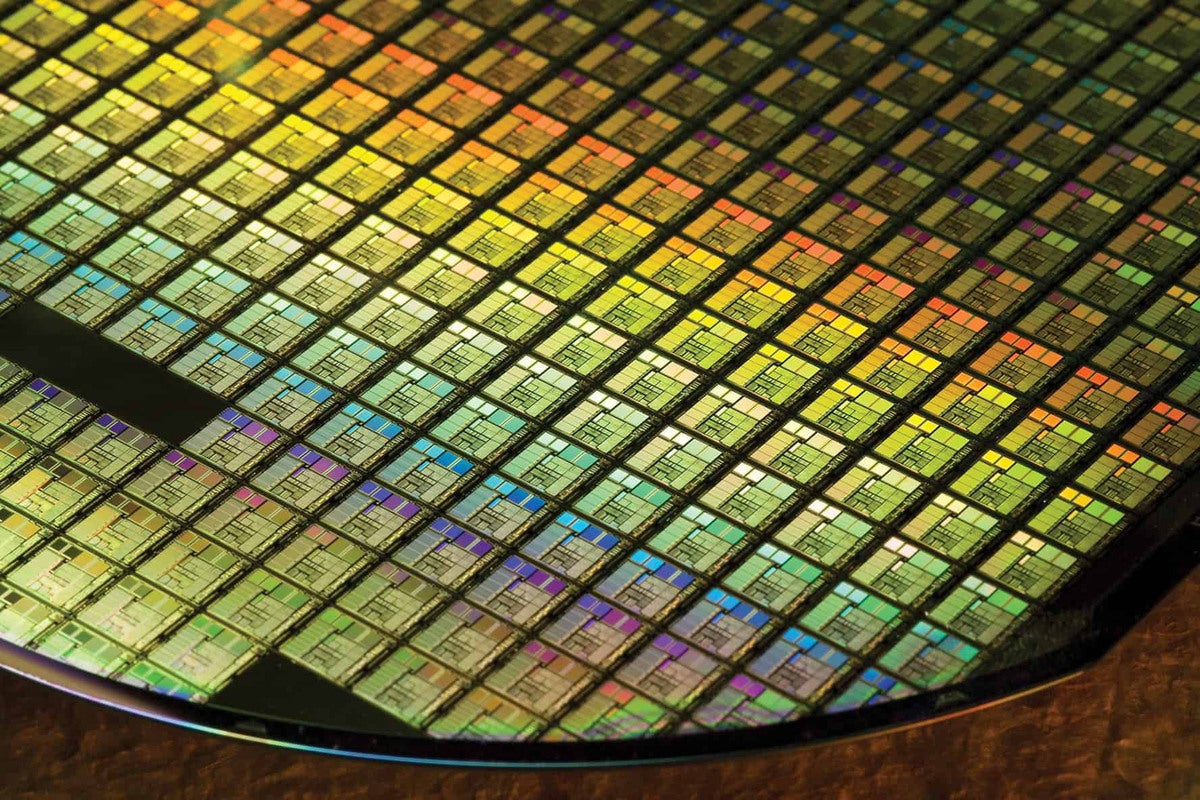Taiwan Semiconductor Manufacturing Company (TSMC) board has approved a capital injection of up to $3.5 billion in TSMC Arizona, the company said.
In December, the foundry behemoth announced plans to open a second chip factory in Arizona, boosting its investment in the US threefold to $40 billion. This represented “the largest foreign direct investment in Arizona history and one of the largest foreign direct investments in the history of the United States,” the company said.
The capital injection is part of the $40 billion investment announced in December.
“When complete, TSMC Arizona’s two fabs will manufacture over 600,000 wafers per year, with estimated end-product value of more than US$40 billion,” the company announced in its December statement.
TSMC’s global expansion
TSMC’s US investments are part of the chipmaker’s strategic move to expand beyond Taiwan, due to the country’s political tensions with China.
Last month, the company said it is considering opening its first plant in Europe and a second one in Japan. The Europe plant is likely to come up in the German city of Dresden.
According to a tweet by Taiwanese research firm TrendForce, TSMC’s US output is expected to reach 3% of its overall capacity by 2025, up from 1% in 2022. At the same time, the percentage of wafers produced in Taiwan by TSMC will drop from 93% in 2022 to 88% by 2025.
It is worth noting that TSMC’s upcoming 4nm and 3nm fabs in the US, scheduled to commence operations in 2024 and 2026, respectively, won’t showcase the company’s most advanced capabilities.
TSMC is already ramping up 3nm chip production in Taiwan and said it plans to start producing 2nm chips in the country by the end of 2025, before the company’s 3nm plant in the US even goes live.
With its investments in Arizona, TSMC is eyeing the $52 billion in US chip manufacturing subsidies that were passed by Congress a few months ago as part of CHIPS and Science Act.
The US-China chip war
Last month, the US garnered support from Japan and Netherlands to restrict China’s chip industry in the ongoing US-China chip war.
The US has persuaded the two countries to collaborate in expanding a ban on exports of chip-making technology to China. This move could limit China’s home-grown chip industry as there are few if any, other sources for the sophisticated technologies required for modern semiconductor manufacturing.
The Biden administration in early October issued new export controls that restrict US firms from selling advanced semiconductors as well as equipment required to make them to some Chinese manufacturers unless they receive a special license.
In mid-December, the administration stretched those restrictions to include 36 more Chinese chipmakers from accessing US chip technology, including Yangtze Memory Technologies Corporation (YMTC), the largest contract chipmaker in the world.






